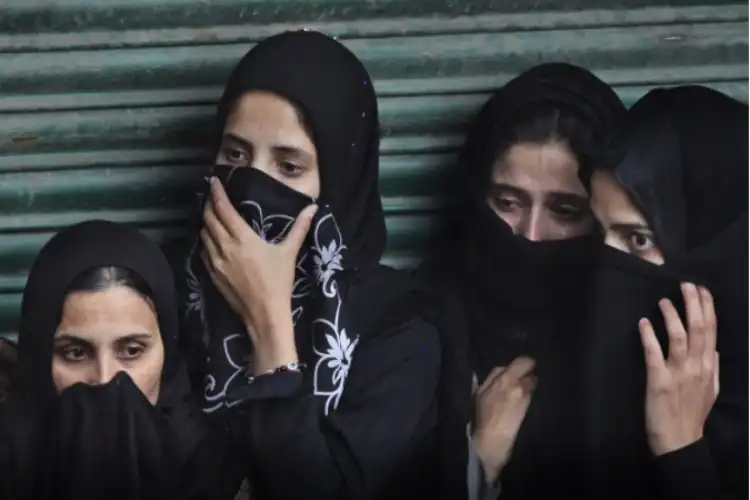
Eman Sakina
Hijab is a veil donned by Muslim women across the world to cover their heads and chest. It is usually worn when men outside the family are present. The Holy book, Quran instructs, both Muslim men and women to clothe themselves modestly. Women wear hijab to maintain seclusion from unrelated males. However, there is dissimilitude on how the instructions are to be followed, i.e., whether wearing hijab is obligatory or not. In Quran, Prophet Mohammad (PBUH) is also commanded to ask his family members and other Muslim women to don outer garments whenever they go out. This way, they would not be harassed. In the verses of the Quran regarding the dress of women, the words khimar (veil) and jilbab (cloak) are used and not the hijab. However, the point of discussion here is not whether the hijab is mandatory in Islam or not but does the hijab restrict women to seek education? Absolutely NO!
Education carries a significant place in Islam. Prophet Mohammad and his allies always promoted and encouraged people to seek education. A popular quote of the beloved Prophet is “Pursue education even if you have to travel to China” (China was farthest from Mecca and Medina at that time). Hazrat Ali, brother of Prophet Mohammad has said that there is no wealth like education and no poverty like ignorance.
Nowadays, wearing a hijab is a common thing, and lakhs of women wear it across the world. Thousands of them are businesswomen, working in the corporate sphere or teaching at universities. For sure, they are educated, that is why they are working and thriving in their life. Women wearing hijab are seeking education from almost every international university and gaining excellence in every dimension of professional life.
Among the Islamic nations, Iran is one of the few countries where it's mandatory to wear hijab. In 1980, it was decided that women would be required to veil in government offices and educational institutions. Not doing so may attract punishment as per the sharia laws.
In Indonesia too, wearing a hijab is mandatory. In Saudi Arabia also, women are required to veil their heads and body with decent attire. However, even in the absence of law, women have been following the practice of covering their bodies long back. But now, the law in Saudi Arabia is not that rigid regarding the form of the veil to follow. In all these countries, almost every woman is seen wearing a hijab, but that does not pose any threat to the educational and working life of a woman. In hijab, a woman is free to go anywhere and do anything as long as it falls within the boundaries of modesty and demarcation from sinful acts.
According to the perspective of today’s generation, there is a stigma attached to the hijab. There are few stereotypes and many misconceptions, and people consider it a sign of disgrace. It is because of a few narrow-minded people who assume that women are best for only household chores. But, that does not define the essence and true meaning of Islam. Proving them wrong from the pages of history, Lady Khadija, the wife of Prophet Mohammad, was undoubtedly a successful businesswoman of Mecca. She did all that by remaining within the boundaries of sharia, and wearing the hijab was also a part of the sharia that she followed for her entire life.
Taking the example of other successful hijab-wearing women of the current era, Malala Yousafzai and Zainab al Ghazali are two of those numerous women who take up the hijab as an object of pride and dignity, and not disgrace. Malala Yousafzai is a Pakistani activist for female education and the world’s youngest Nobel Peace Prize laureate. Zainab al Ghazali was an Egyptian activist and the founder of the Muslim Women’s Association. In reality, the key purpose of the hijab is to obscure the beauty of women by donning a proper modest attire that does not expose the shape of the body, as the beauty of a woman is only for her husband and not for every unrelated male.
